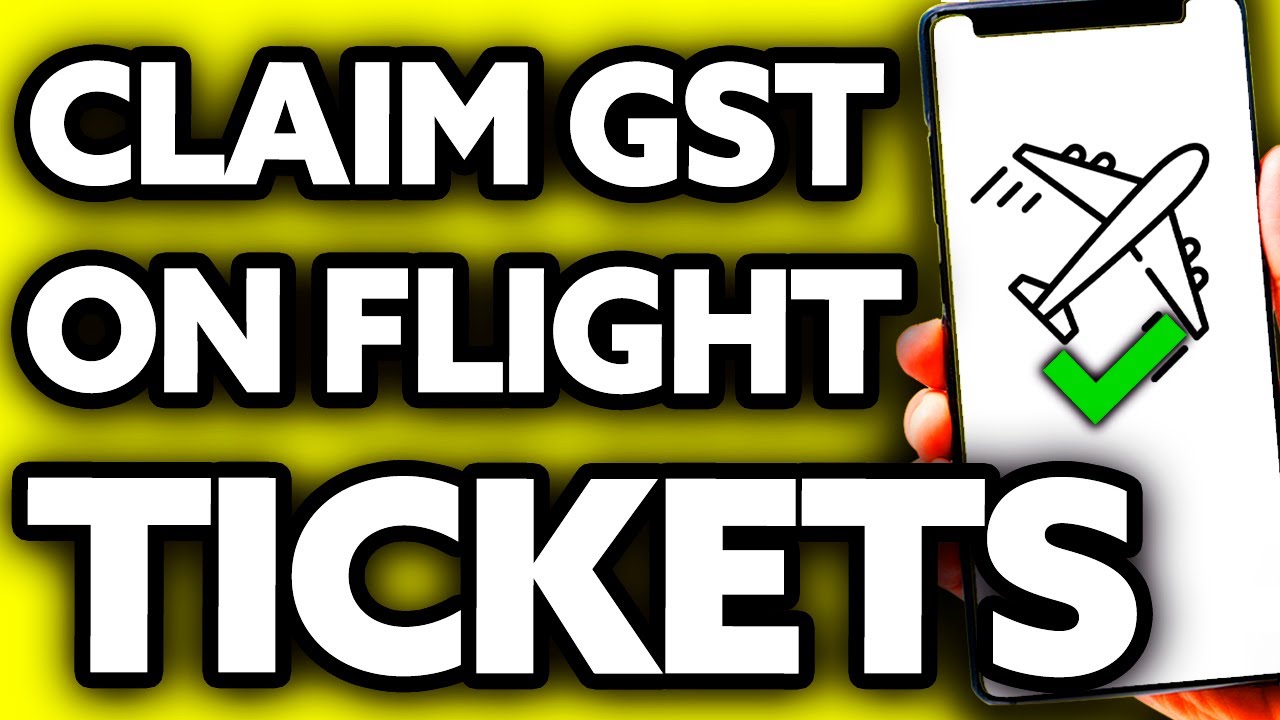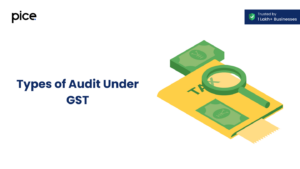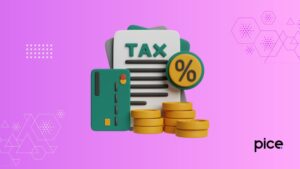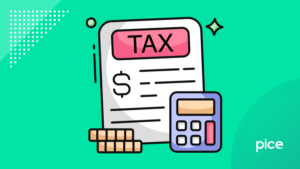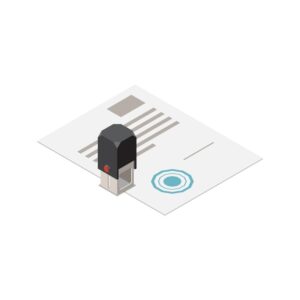GST on Flight Tickets: How to Claim Input Tax Credit on Flights
- 27 Aug 24
- 11 mins
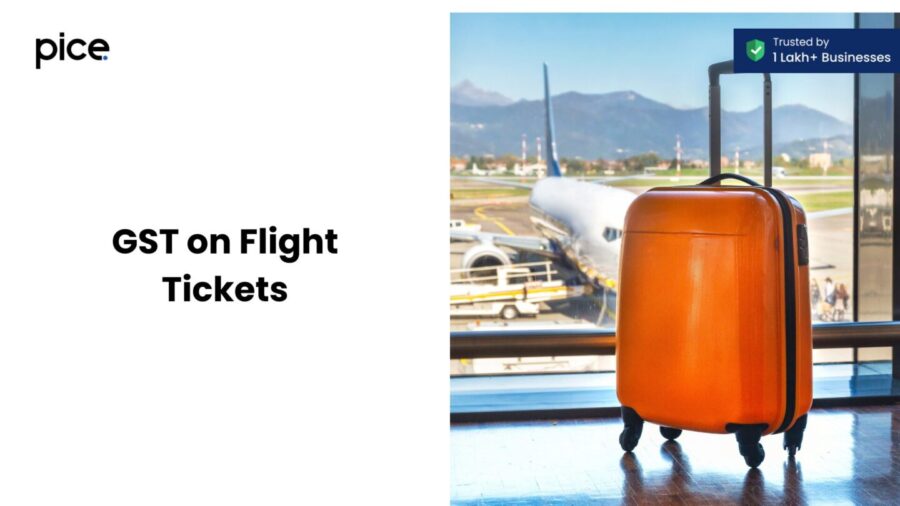
GST on Flight Tickets: How to Claim Input Tax Credit on Flights
Key Takeaways
- GST Rates: Economy class flight tickets are taxed at 5% GST, while business class tickets are taxed at 12% GST.
- ITC Claims: Businesses can claim Input Tax Credit (ITC) on flight tickets if the travel is for business purposes and a GST-compliant invoice is provided.
- Invoice Requirements: Proper GST details must be provided during flight ticket booking to obtain a valid invoice for ITC claims.
- International Flights: International flight tickets are zero-rated for GST, allowing businesses to claim ITC on related travel expenses.
- Impact on Costs: The introduction of GST has increased air travel costs, affecting both economy and business class tickets.
GST on Flight Tickets
The Goods and Services Tax (GST) is applied to various goods and services, including air travel. When it comes to GST on flight tickets, different GST rates are applied depending on the type of service. For instance, GST rates vary between economy class tickets and business class tickets. Generally, the GST rate for economy class tickets is 5%, while business class tickets attract a GST rate of 12%.
Handle all your sales and purchase invoices in one place.
Pice’s all-in-one invoice management tool helps you track, send, and organize invoices from a single dashboard. Automatically share new invoices with customers, send timely payment reminders, and keep your collections under control—effortlessly.
Want early access? Fill out this form to get request a demo!
Domestic airlines and international flight tickets both fall under the GST regime, affecting air travel expenditure. This rates is crucial for businesses that frequently engage in air travel, as they can significantly impact travel expenses. For example, businesses in Arunachal Pradesh, West Bengal, and other states need to factor in these GST rates when planning travel budgets.
Business travel often involves booking air tickets for employees, making it essential for travel managers and business travellers to understand how GST affects their costs. Whether booking through an online travel portal or an offline travel agent, the GST component on air tickets must be considered to manage travel expenses effectively. Furthermore, knowing the GST registration details of the airline company and the specific GST details on the invoice is necessary for businesses to claim Input Tax Credit (ITC).
Effect of GST on Airfares
The implementation of GST has had a major impact on airfares in India. Before GST, air travel was subject to Service Tax, which was generally lower than the current GST rates. This shift has led to changes in the overall cost of air tickets for both economy class and business class.
For business travellers and companies, the higher tax rate under GST means an increase in air travel expenditure. This increase can affect the budgeting for frequent air travel, especially for companies that rely heavily on air travel for official reasons. For example, companies that frequently book domestic flights within India or international flights for official air travel must now account for the higher tax rate when planning their travel budgets.
💡If you want to pay your GST with Credit Card, then download Pice Business Payment App. Pice is the one stop app for all paying all your business expenses.
The increased tax rate also impacts the overall economic growth of the travel industry. Airlines, travel agencies, and travel agents must adapt to these changes, which may include updating their systems and processes to comply with the new tax rates. The ecosystem for process automation in these companies must be robust enough to handle the increased cost of automation due to GST compliance requirements.
Moreover, the higher GST rates on air tickets can lead to higher travel expenses for businesses. This increase in travel expenses may result in businesses reconsidering their travel policies, potentially opting for more cost-effective travel options or reducing the frequency of travel. The exponential growth in travel costs due to GST can also impact the overall business strategy, affecting decisions related to travel for employees and the management of travel expenses.
Claiming GST Input Tax Credit on Flight Tickets
Businesses can claim Input Tax Credit (ITC) on the GST paid for flight tickets, which helps reduce the overall tax liability. To claim ITC on flight tickets, businesses must ensure that the travel is for official reasons and that the GST details are properly documented. This includes obtaining a valid airline GST invoice that specifies the GST paid.
For business travellers, it is essential to book flights through channels that provide proper invoices, such as online travel portals or official travel agents. These invoices should include all necessary GST details, such as the GST registration details of the airline company and the amount of GST charged. The input on flight tickets can then be claimed as ITC, reducing the overall tax burden for the company.
The process of claiming ITC involves maintaining accurate records of all travel expenses, including air tickets. Travel managers must ensure that these records are kept up-to-date and that all invoices are collected and filed correctly. This process is crucial for businesses to optimise their ITC claims and reduce their overall tax liability.
Businesses must also ensure that the travel expenses are aligned with the company's travel policies and that the travel is for official reasons. This includes travel for employees, business travel, and official air travel. By adhering to these guidelines, businesses can effectively claim ITC on flight tickets and manage their travel expenses more efficiently.
Obtaining GST Invoices for Flight Tickets
To claim ITC on flight tickets, it is essential to obtain a GST-compliant invoice from the airline or travel agency. This invoice should detail the GST paid on the ticket and include the airline's GST registration details. Whether booking through an online travel portal or an offline travel agent, ensure that the invoice received is GST-compliant.
For businesses, it is crucial to verify the GST details on the invoice to ensure that they can claim ITC correctly. The invoice should include the airline's GST number, the amount of GST charged, and a breakdown of the fare and taxes. This detailed information is necessary for businesses to claim ITC on the GST paid for flight tickets.
In cases where the invoice does not meet the GST requirements, businesses should request a proper invoice from the airline or travel agency. Ensuring that all travel expenses are documented with valid GST invoices is crucial for claiming ITC and managing travel expenses effectively.
Travel managers and finance teams must work together to ensure that all travel expenses are properly documented and that GST invoices are collected for all air travel. This collaboration helps streamline the process of claiming ITC and ensures compliance with GST regulations.
GST on International Flight Tickets
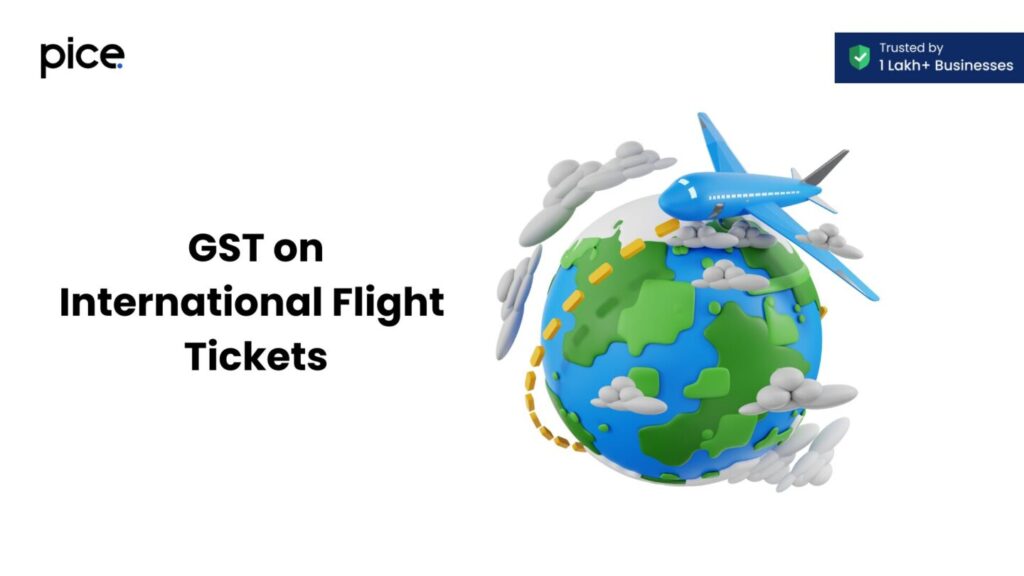
GST on international flight tickets differs from domestic flights. For international flights, the GST rate is zero-rated, meaning that while GST is charged, the rate applied is 0%. This is intended to promote international travel and reduce the tax burden on travellers.
However, businesses can still claim ITC on the GST paid for international flight tickets if the travel is for official reasons. This requires obtaining a valid GST invoice from the airline or travel agency. The invoice should include the airline's GST registration details and a breakdown of the fare and taxes.
For businesses that frequently book international flights, understanding the GST implications is crucial for managing travel expenses. Travel managers must ensure that all travel expenses are properly documented and that GST invoices are collected for all international flights. This helps streamline the process of claiming ITC and ensures compliance with GST regulations.
Calculating Tax on Airline Tickets
The calculation of GST on airline tickets involves applying the applicable GST rate to the base fare of the ticket. For economy class tickets, the GST rate is 5%, while for business class tickets, the rate is 12%. The GST is calculated on the base fare, excluding any additional charges or fees.
For example, if the base fare of an economy class ticket is INR 10,000, the GST charged would be INR 500 (5% of INR 10,000). For a business class ticket with the same base fare, the GST charged would be INR 1,200 (12% of INR 10,000).
The total fare, including GST, is then billed to the customer. This total fare must be documented in a GST-compliant invoice, which includes the GST registration details of the airline and a breakdown of the fare and taxes.
Travel managers must ensure that the GST calculations are accurate and that the invoices received are GST-compliant. This helps streamline the process of claiming ITC and ensures compliance with GST regulations.
Price Comparison: Pre and Post GST
The introduction of GST has had a significant impact on the pricing of airline tickets. Before GST, air travel was subject to Service Tax, which was generally lower than the current GST rates. This shift has led to changes in the overall cost of air tickets for both economy class and business class.
For business travellers and companies, the higher tax rate under GST means an increase in air travel expenditure. This increase can affect the budgeting for frequent air travel, especially for companies that rely heavily on air travel for official reasons. For example, companies that frequently book domestic flights within India or international flights for official air travel must now account for the higher tax rate when planning their travel budgets.
The increased tax rate also impacts the overall economic growth of the travel industry. Airlines, travel agencies, and travel agents must adapt to these changes, which may include updating their systems and processes to comply with the new tax rates. The ecosystem for process automation in these companies must be robust enough to handle the increased cost of automation due to GST compliance requirements.
Moreover, the higher GST rates on air tickets can lead to higher travel expenses for businesses. This increase in travel expenses may result in businesses reconsidering their travel policies, potentially opting for more cost-effective travel options or reducing the frequency of travel. The exponential growth in travel costs due to GST can also impact the overall business strategy, affecting decisions related to travel for employees and the management of travel expenses.







